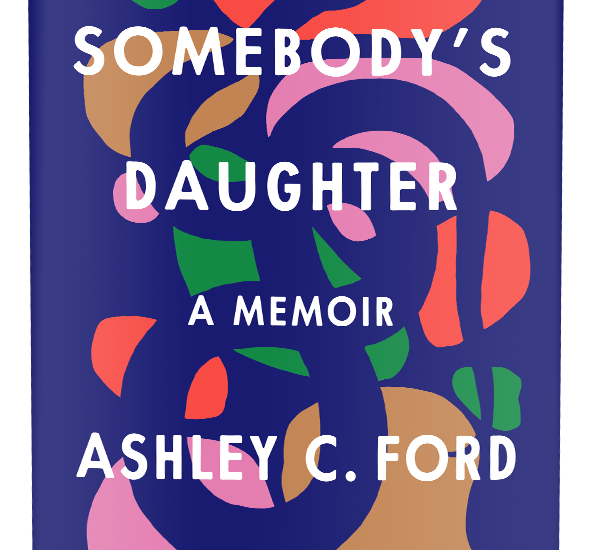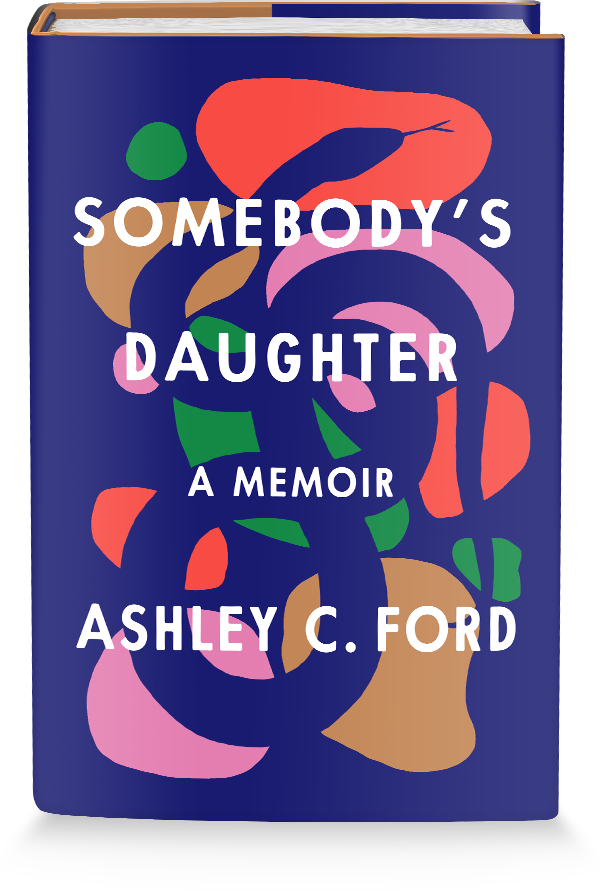Somebody’s Daughter Book Review By: Paloma Lenz

 In her memoir, Somebody’s Daughter, Ford captivates readers with stories from her childhood growing up in Indiana with her abusive mother, three younger siblings, and an unforgettable grandmother. As I read through the chapters, I felt prompted to reflect on my girlhood I realized that many of us share so many of the same experiences.
In her memoir, Somebody’s Daughter, Ford captivates readers with stories from her childhood growing up in Indiana with her abusive mother, three younger siblings, and an unforgettable grandmother. As I read through the chapters, I felt prompted to reflect on my girlhood I realized that many of us share so many of the same experiences.
Trauma was a significant theme in Ford’s book. The trauma of abuse within the home. The trauma of growing up as a young black girl in America. The trauma of having an incarcerated parent. The trauma of sexual assault. The trauma of secrets.
One place that Ford finds solace is at the neighborhood library near her house. The freedom to roam the shelves and decide for herself what she wanted to read, not limited by age, gender, or race, she finds solace in words. It was words that gave her the ability to cope with her experiences and eventually find her place in the world.
Words played a major part in her relationship with her father, who, as she learned as a young adult, was serving a twenty-five-year sentence for rape. This realization comes as an intense shock to Ford, who was raped by a classmate. She struggles to reconcile her father’s crime with the father she has built up in her mind, the one who calls her beautiful and intelligent in his letters to her. The same father she wishes could hold her and console her is the same one who committed a similarly brutal act to the one done to her.
Coupled with choosing to keep the violent act a secret, the weight of the rape and the guilt of feeling like she was “bad” for allowing it to happen to her cause a predictable inner struggle for Ford as she tries anything to escape the reality of what happened. In addition, Ford began developing early in childhood, growing breasts, and curves that her mother and grandmother and even friends’ parents made her feel guilty and ashamed of. Adding the rape on top of an already heavy shame about her body made moving through the world challenging.
She doesn’t visit her father in prison again until she is twenty-five. And this visit comes at a point where Ford is desperate for freedom. The freedom to be herself and express herself by writing about her lived experiences. Up to this point, Ford has felt the weight of expectations, reality, and limitations weighing on her. So when she feels like her head is finally above water she finds herself immensely unhappy, grappling with what to do to change her life. Eventually, she decides to believe in herself and her ability to tell her story. This belief in herself propels her to great things: her first essay publication, new job opportunities, a move to New York, and a new romance.
It’s the intellectual ability to believe in herself and her worth that sets Ford free, which many can relate to. Reading my way through her journey had me cheering for her right to the end.



